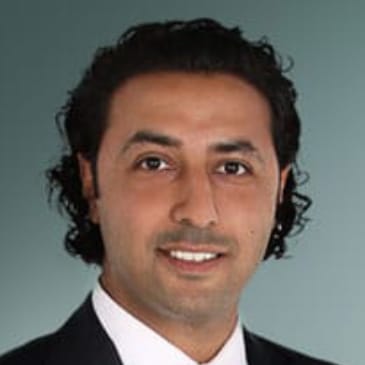Is a Neuropsychologist right for me?
The main reasons to pursue a neuropsychological assessment
The cognitive functioning profile
The assessment of the cognitive profile aims to identify the architecture of the cognitive organization of the individual (1). It is then possible to understand a person's strengths and weaknesses so that they can explain and understand their symptoms. The establishment of this profile also helps to promote information processing strengths in the care, treatment or symptom management strategies.. It is through the cognitive profile that the neuropsychologist is able to identify whether there is a neurocognitive disorder present or if it is a difficulty. Whether or not there is a cognitive impairment, knowing the profile will allow the person to develop the best coping strategies (personal, school, professional or family).
cognitive function this heading is not in TOC
Cognitive functions are the brain processes involved in learning and managing human behaviours such as language, memory, attention, fine motor skills, or the ability to plan and exercise judgment. In children, neural connections develop, change, adapt and are influenced by many environmental, biological and emotional factors. In contrast, in the aging person, neural connections are affected by normal aging, which slows down communication between neurons, which can affect behaviour. As with children, this phenomenon can also be affected by the environment, general health or emotional state. The brain can also suffer from events or injuries, such as, for example, a cranio-cerebral trauma, a concussion, an intoxication, a chronic disease, a cerebrovascular accident, or even by a significant lack of a balanced, healthy lifestyle. (sleep , diet, exercise, etc.). The impacts of brain damage will vary depending on the individual's background, personal and environmental resources.
The importance of recognizing neurodevelopmental difficulties in children with learning or behavioural difficulties as early as possible.
Cognitive impairments can be neurodevelopmental, acquired, or degenerative. They can also be qualified as primary or secondary. Neurodevelopmental disorders are associated with atypical brain development causing damage to specific functions. Acquired disorders follow an event or injury that is often identifiable in time and in its nature. The disorders may or may not be reversible. Degenerative disorders are associated with progressive disorders, which can have various causes and which can affect the activities of daily living (ADL).
In the case of neurodevelopmental disorders, early intervention can increase the chances of a child developing compensatory strategies that can lead to brain adaptation, which can be identified as neural plasticity. In addition, the recognition of cognitive functioning and disorders allows children to accept their strengths and weaknesses and thus build better self-identification and avoid loss of esteem and confidence. By being able to set up accommodations in the classroom and being able to identify the support necessary for academic development, children will be more able to progress easily in their school career and thus develop according to their real skills and interests.
The importance of obtaining a recognized and official diagnosis
At school, in order to obtain the necessary accommodations, support, and the implementation of an individualized intervention plan (IIP), educational institutions must have a clear and precise understanding of the difficulties and their causes, especially when the interventions attempted do not achieve the expected results. The neuropsychologist is able to make a diagnosis of the functioning of higher cognitive functions and to determine the presence or absence of a neurodevelopmental disorder.
References
1. Mazeau, Michèle and Pouhet, Alain. Neuropsychology and learning disorders in children. s.l.: Elsevier Masson, 2005.







Follow us to stay in touch with the world of psychology